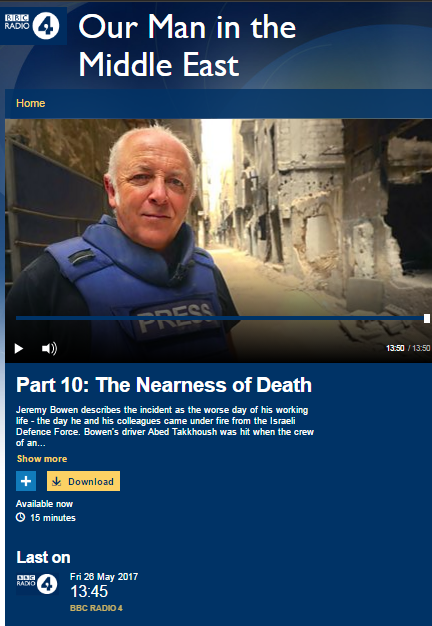One of the suggestions made in BBC Watch’s submission to the DCMS BBC Charter Review consultation is for the BBC News website to set up a dedicated corrections page where visitors would be able to find details of corrections or amendments made to articles they have already read.
“The BBC News website currently has no dedicated corrections page of the kind seen in reputable newspapers. Hence, when corrections are made to online articles users remain unaware of the fact that information they previously read was inaccurate. Relatedly, the use of footnotes informing the public that a correction has been made to an article is erratic and amendments are sometimes made without notification. A dedicated corrections page would make corrections more visible and accessible, increase the likelihood that people will receive the corrected information and contribute to the BBC’s transparency as well as reducing the likelihood of waste of public funding on unnecessary complaints.”
We recently came across yet another example of just such a case in an article which originally appeared on September 2nd 2015 under the headline “Arafat poisoning inquiry dropped by French prosecutors“.
At the time we noted on these pages that the article did not inform readers that the Russian investigation had ruled out poisoning.
Over two weeks after its initial publication, the article was amended and a footnote was added.

It is of course highly unlikely that those who read the original article would have returned to it more than two weeks later and seen that amendment and footnote. One must therefore ask once more why an organization supposedly committed to rigorous standards of accuracy does not implement the simple measure of posting such corrections on a dedicated webpage in order to ensure that audiences receive the information. After all; that is surely the point of making corrections.




